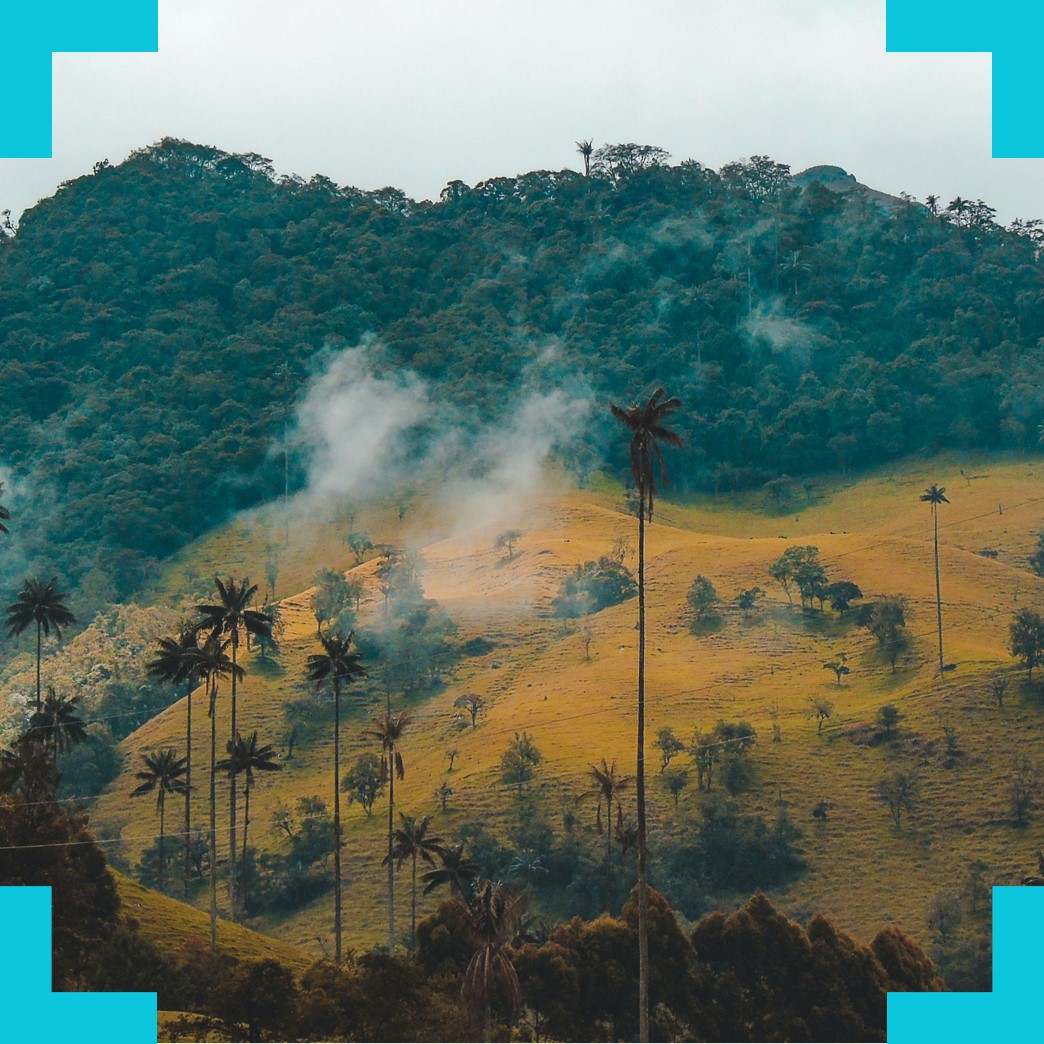MEMPAZ – Truth Commission – Memories of Protest
What are the final steps required to conduct a comparative analysis of the relationship between memory work and political protest in twenty-first century Latin America?

This project was a development of a chain of related projects and research. The Brigstow projects ‘Anyone’s Child Mexico’ (2018, a collaboration with Mexicanos Unidos Contra la Delincuencia and Transform Drug Policy Foundation) and ‘Sound Stories’ (2021, a partnership with Muchamedia in Chile) explored new ways of sharing Latin American histories using experiments in participatory digital storytelling and audio street recordings. Both of these projects built upon the findings of the Quipu Project, and all three have fed into ‘Bringing Memories in from the Margins’, a major project working in Colombia (2018-22) with grassroots partners using creative methodologies to bring memories from the margins to bring about a sustainable peace after the end of several decades of armed conflict.
The researcher’s ‘Policy Bristol’ report showed how the inclusion of memories from the margins within Colombia’s transitional justice process would have quantifiable impact in creating a sustainable peace. Since 2019 they have worked directly with the Truth Commission in Colombia, using creative methodologies to access the experiences of over 2,000 women from across the country, whose testimonies formed a central pillar of the Truth Commission report.
What did the project involve?
This project occurred at a crucial juncture for transitional justice in Colombia, and for the transformation of these previous projects into a broader investigation of memory, protest and justice at a continental scale. The researchers investigated the grassroots partners’ experience of working with the Truth Commission, by conducting semi-structured interviews and drawing up a plan for delivering impact after the publication of its report. Their research supported their partners at the Truth Commission to develop and deliver the dissemination strategies of the report, incorporating the creative methodologies of its evidence-collection into its post-report work.
The team used this research to develop their plans for a major AHRC Standard Grant application on ‘Memories of Protest in Latin America’. The project team’s experience on Sound Stories, MEMPAZ, Anyone’s Child Mexico, Creativity for Peace Festival, Quipu Project and EDJAM – all funded by either the AHRC or Brigstow – set the team up to conduct the comparative analysis of the relationship between memory work and political protest in twenty-first century Latin America. That proposal revolved around case studies in Colombia, Chile, Nicaragua, Mexico and Peru.
Who are the team and what do they bring?
- Matthew Brown (Latin American Studies, University of Bristol) is a historian who works across the fields of languages and cultures leading interdisciplinary projects with applied findings to policy and shaping of public opinions. His previous projects include ‘Bringing Memories in from the Margins’ exploring marginalised communities in Colombia and ‘The Quipu Project’ a transmedia documentary, film, and archive about the unconsented sterilisations in 1990s Peru.
- Goya Wilson Vasquez (Hispanic, Portuguese, and Latin American Studies, University of Bristol) is a researcher-activist, works on memory struggles and creative/radical methodologies in Latin America by examining the dilemmas of writing about violence, the intersections between research and activism, and the uses of creativity and imagination in memory work.
- Julia Paulson (School of Education, University of Bristol) is a Professor of Education, Peace and Conflict whose research explores the ways that educational transformation might contribute towards peace by seeking to repair past injustices and the educational legacies of conflict and violence.
What were the results?
There were three main outputs derived from this project:
- The collection of extra data allowed MEMPAZ to achieve as much impact as possible within the Truth Commission and with the researcher’s local partners during the final months of their AHRC funding.
- The researchers submitted a AHRC Standard Grant application on ‘Memories of Protest in Latin America’, in Autumn 2022, that would have otherwise been unachievable because of colleagues’ other commitments.
- The strengthening of ties with grassroots partners in Colombia, Chile and Mexico that would enable them to participate in a major international event in Bristol in late 2023 (to be funded through the AHRC Standard Grant and other sources).
Furthermore, Dr Mary Ryder wrote an article documenting the outcome of the project(s) collaboration with the Colombian Truth Commission, ‘Working with the Colombian Truth Commission on illegal drug economies’.

